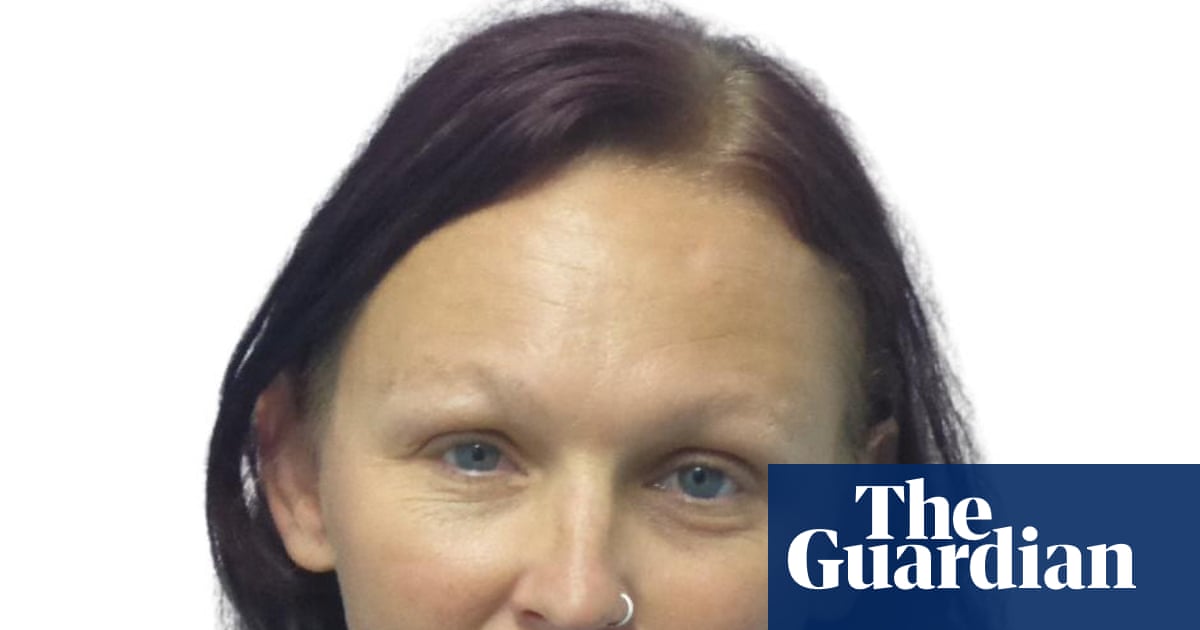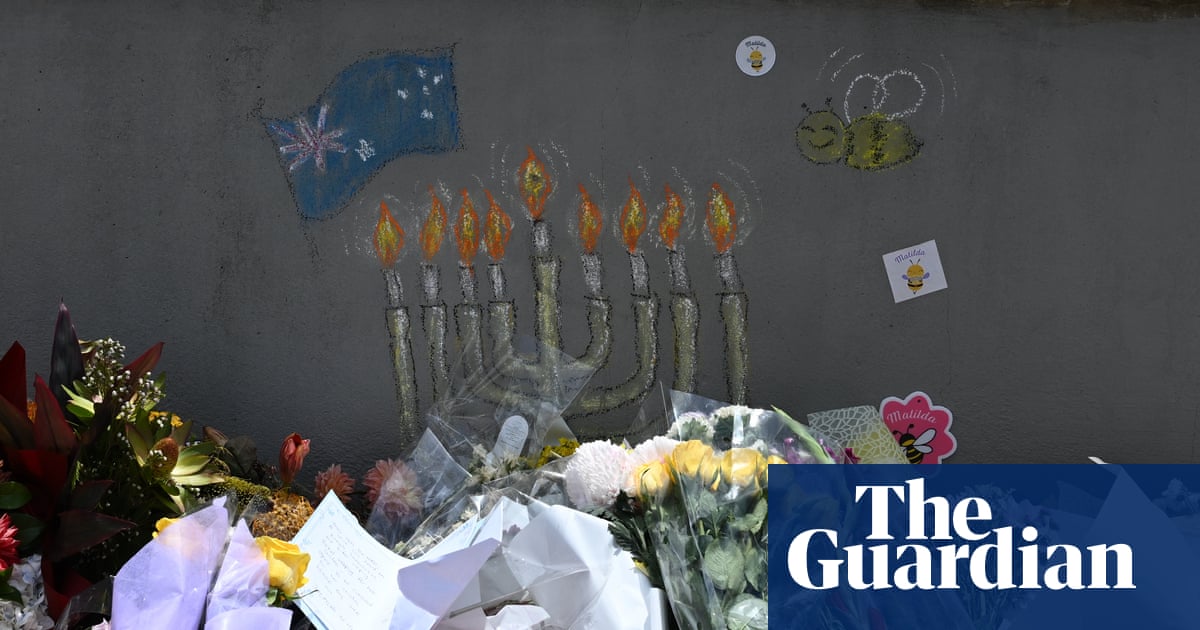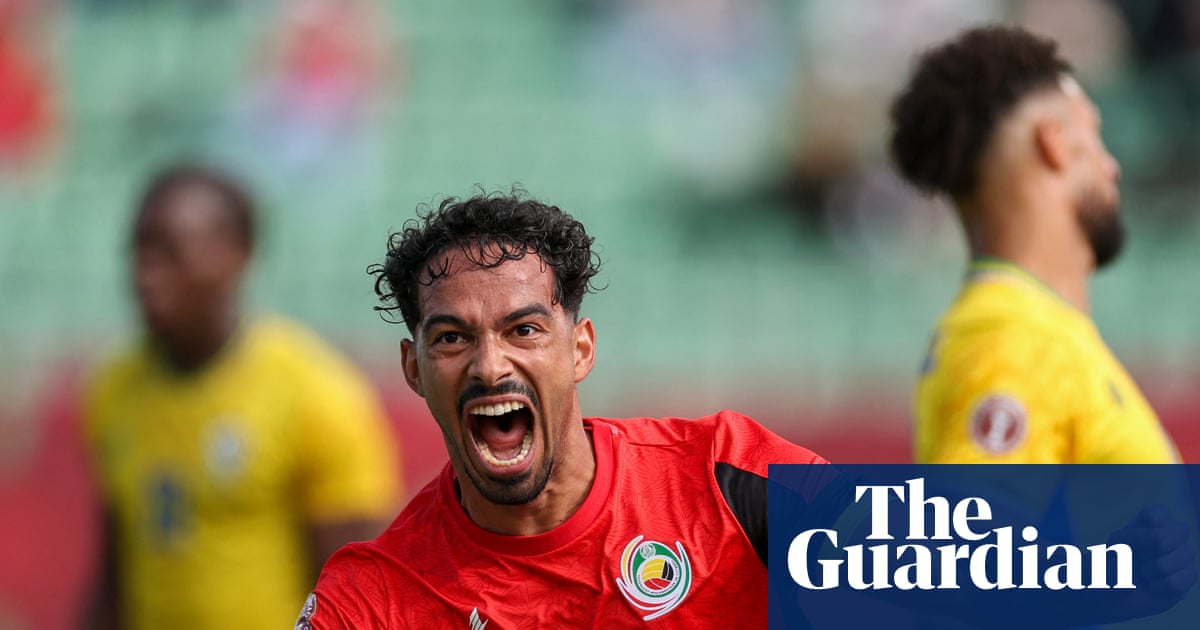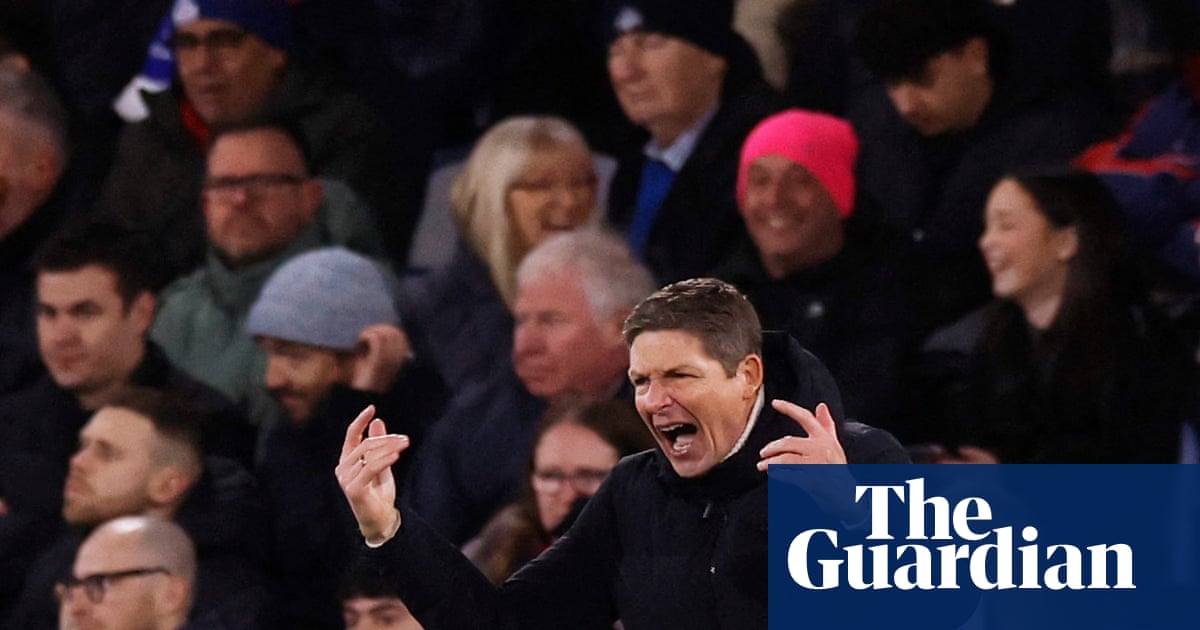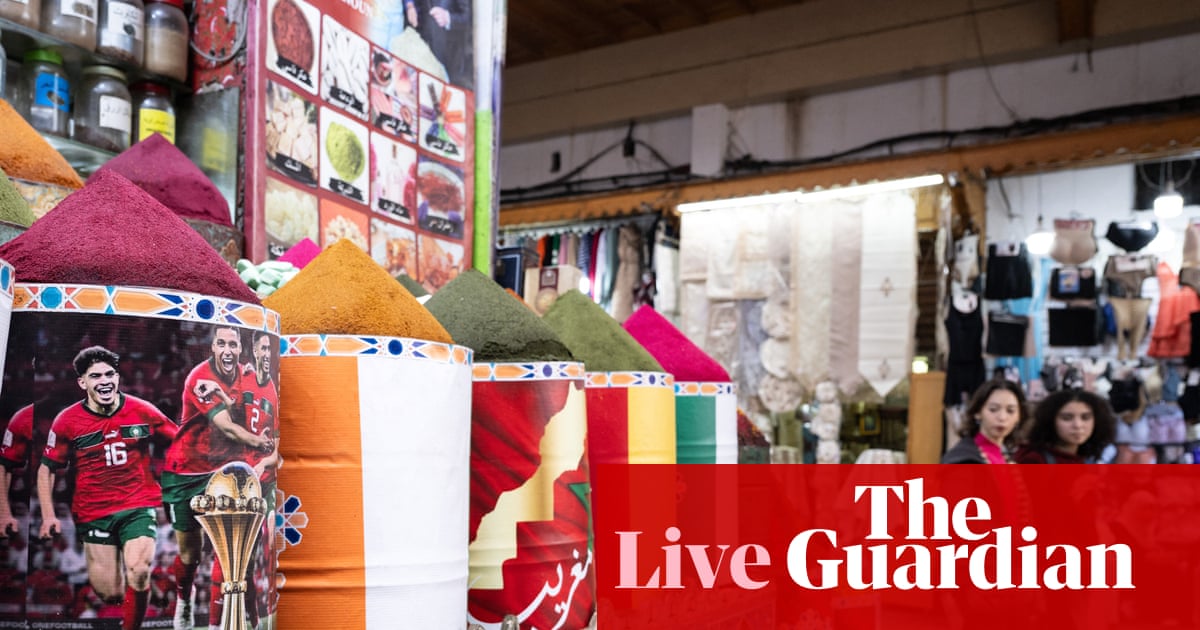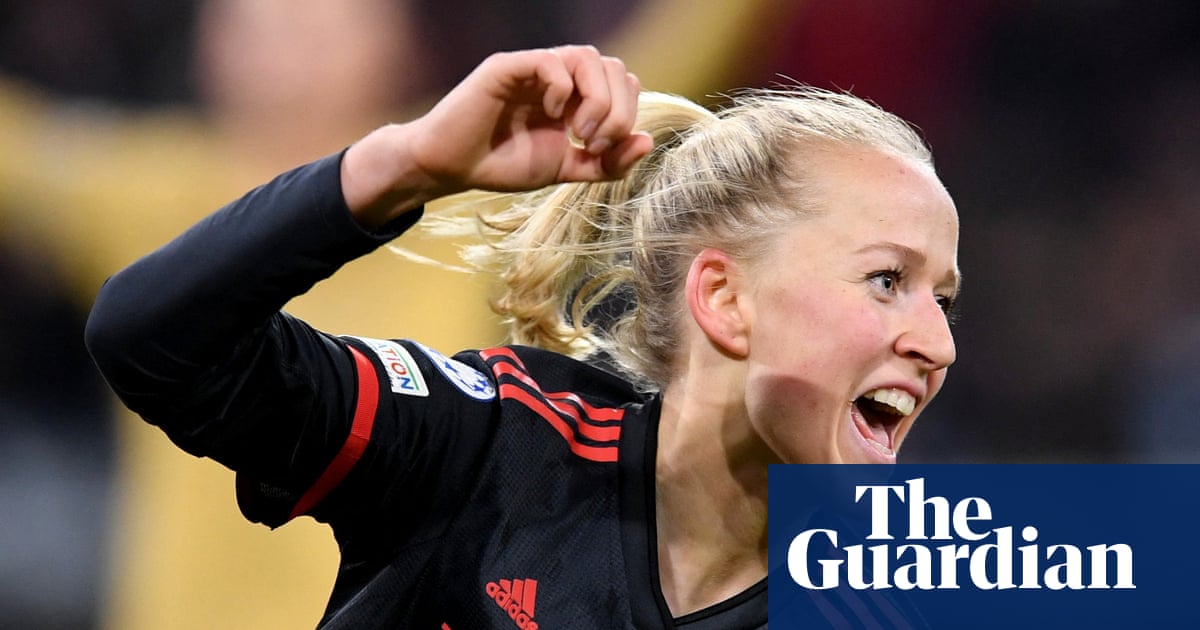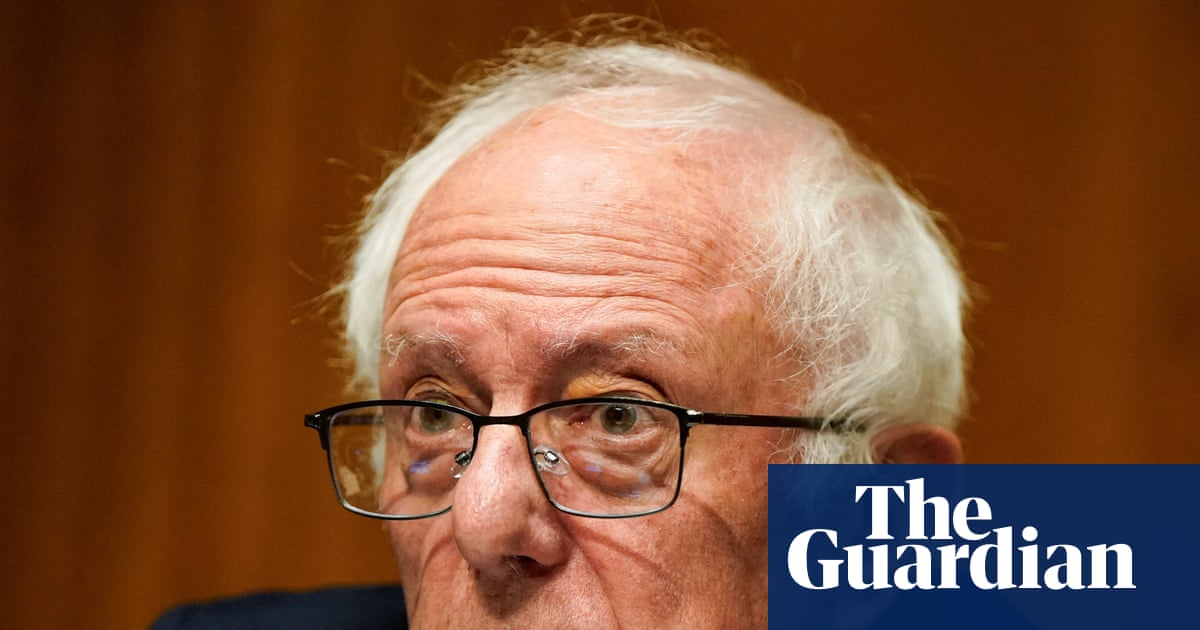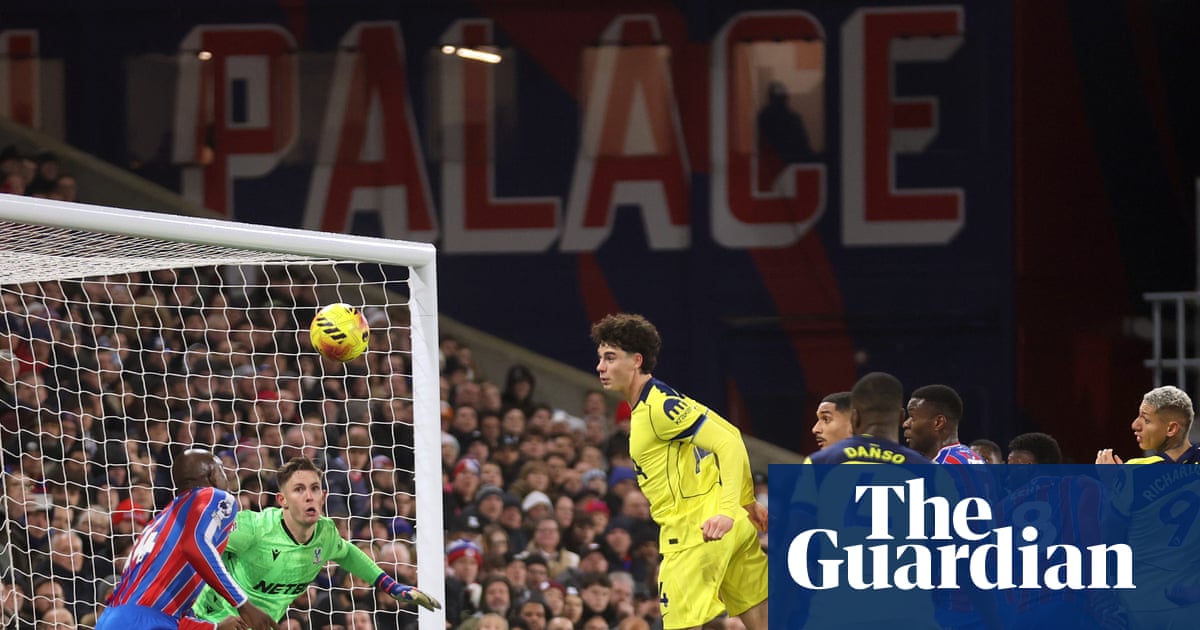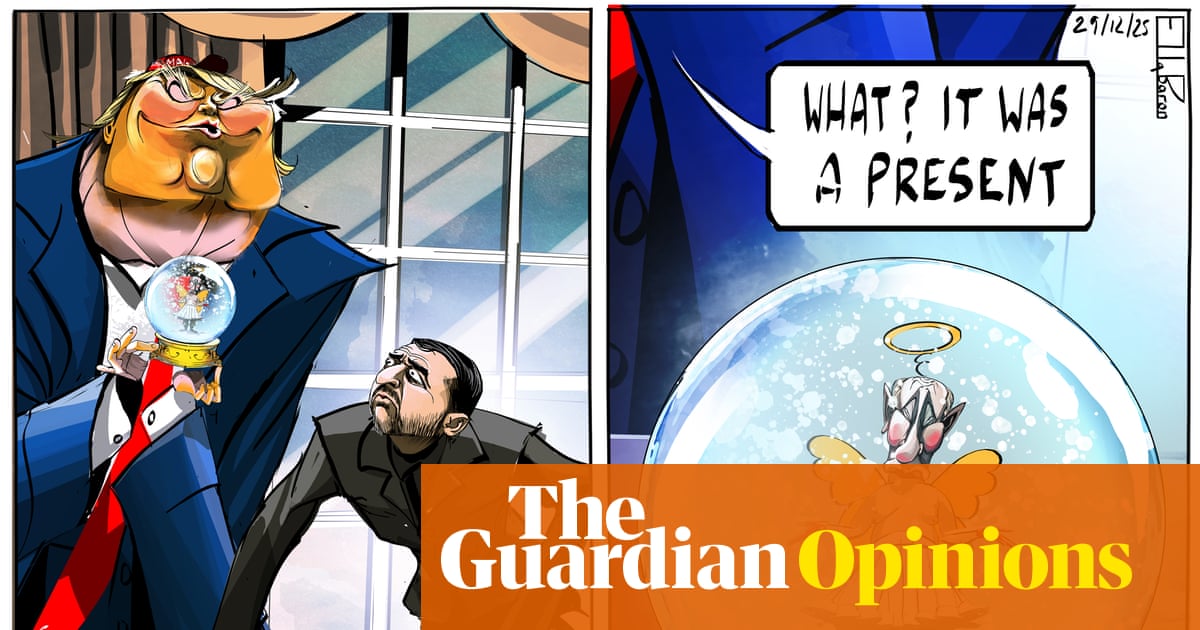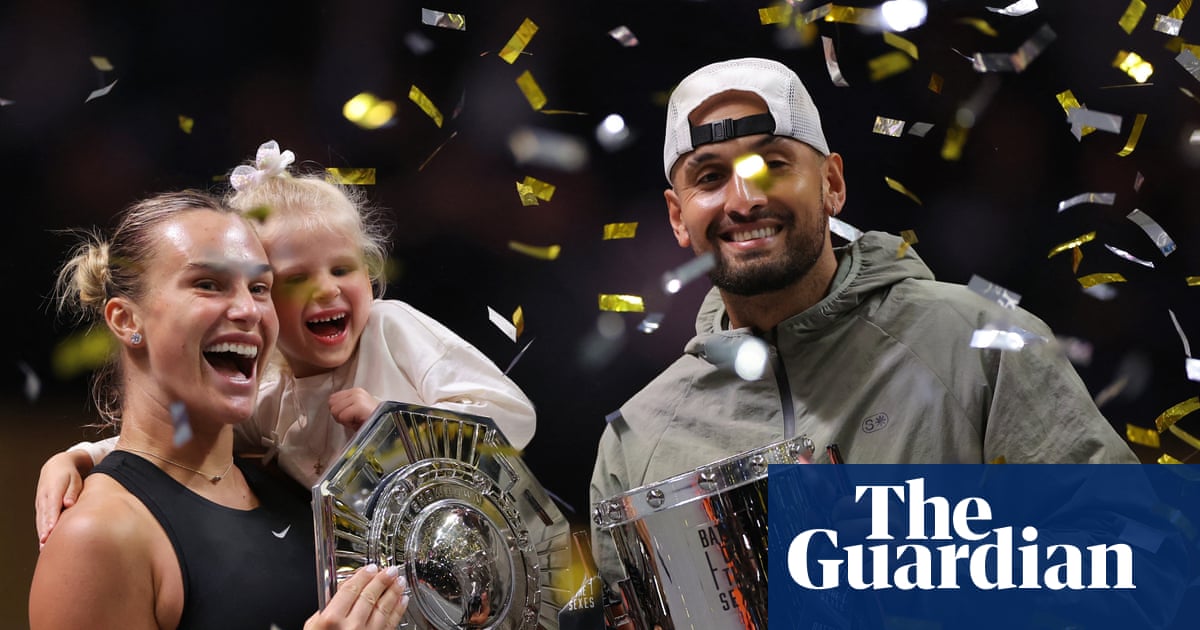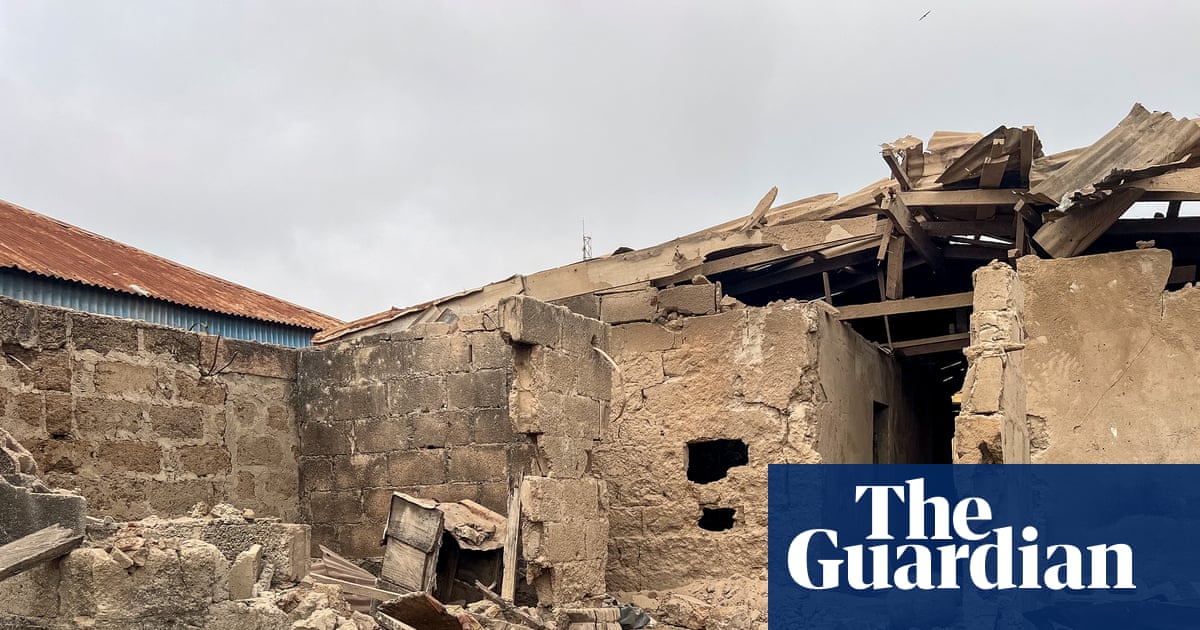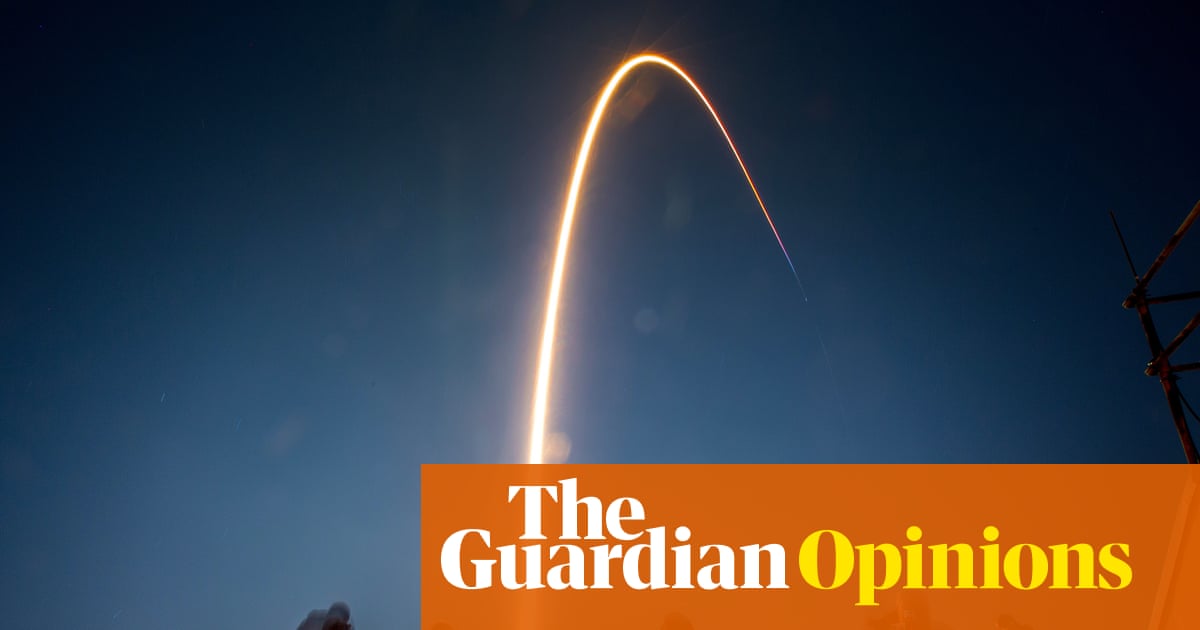Key events Show key events only Please turn on JavaScript to use this feature
Belgium to recognise Palestinian state at UN general assembly

Jennifer Rankin
in Brussels
Belgium will recognise a Palestinian state at the UN general assembly, adding to the growing number of countries seeking to put pressure on Israel and keep alive a two-state solution to end the conflict.
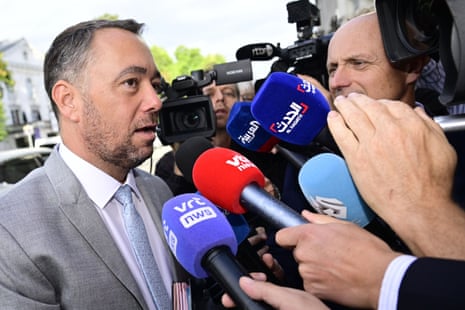
Belgium’s deputy prime minister Maxime Prévot announced the move during the night after complex negotiations within the governing five-party coalition.
He also announced 12 sanctions measures against Israel, including a ban on the import of products from occupied territories and restrictions on consular aid to Belgians living in those areas.
The Belgian government will also declare persona non grata (not welcome on Belgian soil) two far-right Israeli ministers, Itamar Ben Gvir and Bezalel Smotrich, as well as several violent Israeli settlers and Hamas leaders.
In a statement on X, Prevot wrote:
“In view of the humanitarian tragedy playing out in Palestine and particularly in Gaza, and in the face of the violence perpetrated by Israel in violation of international law, given its international obligations, including the duty to prevent any risk of genocide, Belgium had to take strong decisions to increase pressure on the Israeli government and the Hamas terrorists.”
He indicated that Belgium would recognise Palestine at this month’s UN general assembly, after France announced such an intention in July in the hope of creating momentum for peace.
But the Belgian royal decree on recognition would not be issued until the last hostage is released.
The compromise averts a political crisis within the relatively new Belgian government. Prevot, a centrist who is also foreign minister, had threatened to block government business if there was no agreement on recognition, or taking a stricter tone towards Israel.
Only last week prime minister Bart de Wever, a Flemish nationalist, described recognition as “counterproductive” and “pointless” without the full disarmament of Hamas.
More updates on our Middle East crisis blog live:
Morning opening: Growing frustration over Putin's refusal to move on Ukraine

Jakub Krupa
Europe looks on with growing frustration as the US-led peace efforts in Ukraine show little tangible progress amid continuing attacks, even as Russia – the aggressor – receives a warm and increasingly public embrace from China.
Europe ministers of EU countries are meeting in Copenhagen this morning, so we should get the latest EU line on this.
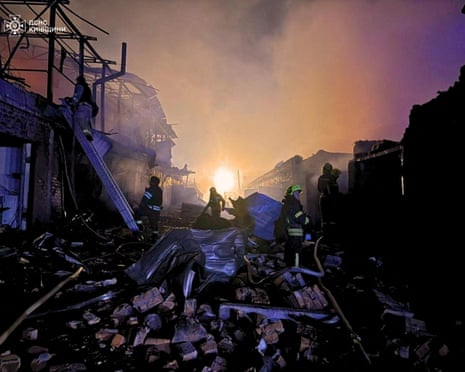
The US treasury secretary, Scott Bessent, said last night that “all options are on the table” as Russia’s Vladimir Putin “has done the opposite of following through on what he indicated he wanted to do” in the weeks since his summit with the US president, Donald Trump.
“As a matter of fact, he has in a despicable, despicable manner increased the bombing campaign,” he told Fox News.
His comments indicate growing frustration within the US administration with the lack of progress on Ukraine. But we are yet to hear from Trump himself.
Meanwhile, Russia’s Putin is diplomatically active in China, meeting Xi and India’s Modi for closed talks.
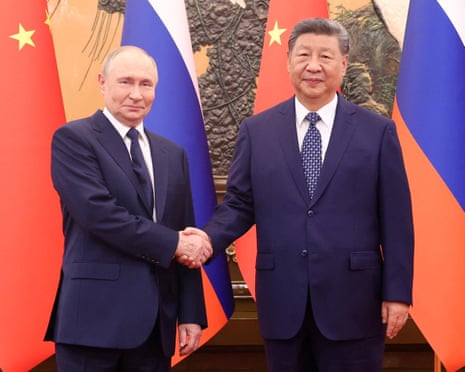
On Tuesday, Putin hailed the “unprecedented level” of Russian-Chinese friendship to Xi, and socialised with Modi, who went above and beyond by posting on his social media a picture of the pair sitting in a limousine together and praising the Russian leader for “always insightful” conversation.
They discussed “the peaceful resolution of the conflict in Ukraine,” Modi said, but it remains unlikely, if unclear, whether their way of getting to the outcome is anywhere near Europe’s preferred scenario.
Let’s see what the day brings us. I will bring you all the key updates here.
It’s Tuesday, 2 September 2025, it’s Jakub Krupa here, and this is Europe Live.
Good morning.

 3 months ago
49
3 months ago
49

